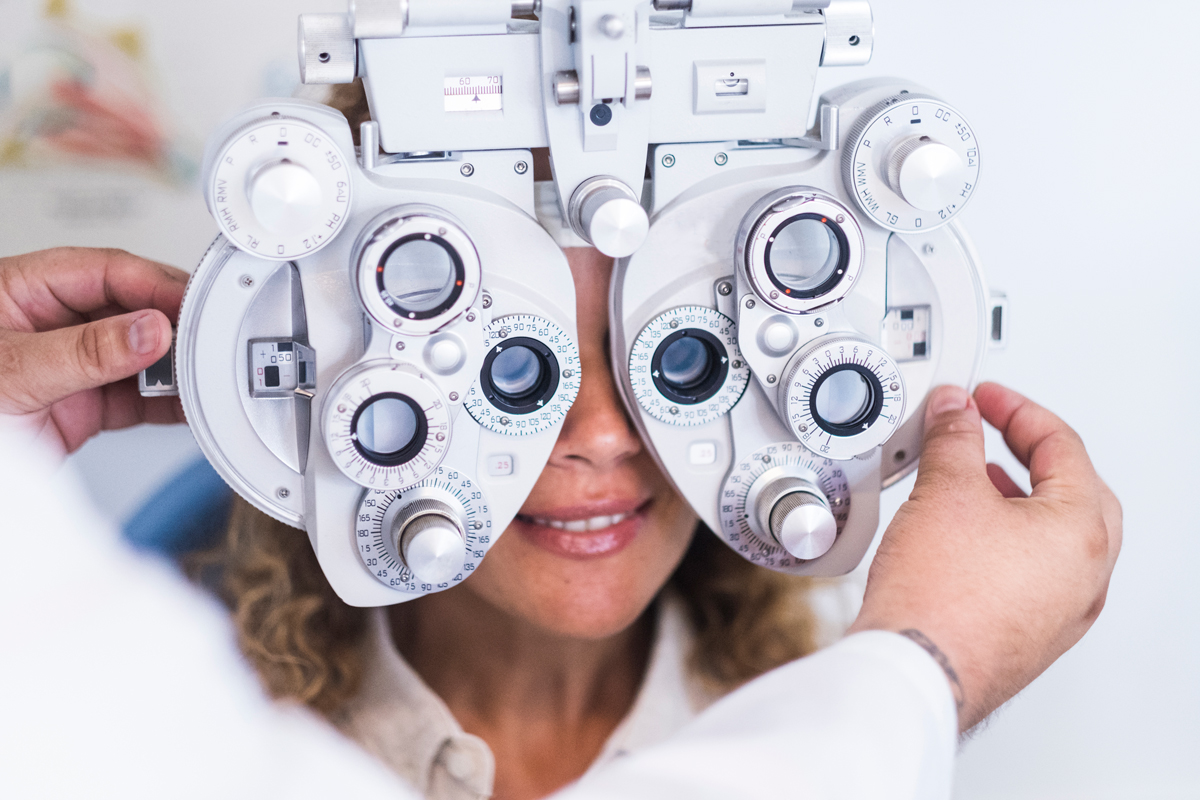 |
|
The patient’s expectations may alter their visual function through the placebo effect. Photo: Getty Images. |
Mind-over-matter mentalities, beliefs and expectations are not to be trifled with, as the placebo effect shows us. Studies have proven that our minds can unconsciously influence our own behavior and physiological responses. Researchers recently investigated whether the placebo effect had any influence on the dynamics of accommodative response and stereoacuity, and, indeed, they found that expectations can modulate visual function.
In the study, 19 healthy university students performed three experimental sessions in randomized order: experimentally induced placebo, “nocebo” (an expectation of negative outcomes) and control. The researchers measured accommodative response, stereoacuity and subjective measures. The experimentally induced placebo was an inert capsule said to have positive effects on human physiology. The control group did not ingest a capsule.
The researchers reported that the variability of accommodation was sensitive to the placebo and nocebo effects. The students had a more stable accommodative response for the placebo vs. nocebo exam. During the placebo exam, the students also exhibited better stereoacuity vs. the nocebo and control groups. The researchers’ analysis of students’ subjective perceptions confirmed the success of the experimental manipulation.
“These results indicate that manipulating expectations regarding the efficacy of an inert treatment can influence visual functioning in the short term, which may be of relevance in both clinical and laboratory settings,” the researchers concluded in their paper.
Vera J, Redondo B, Ocaso E, et al. Manipulating expectancies in optometry practice: ocular accommodation and stereoacuity are sensitive to placebo and nocebo effects. Ophthalmic Physiol Opt. 2022;00:1-9. |

